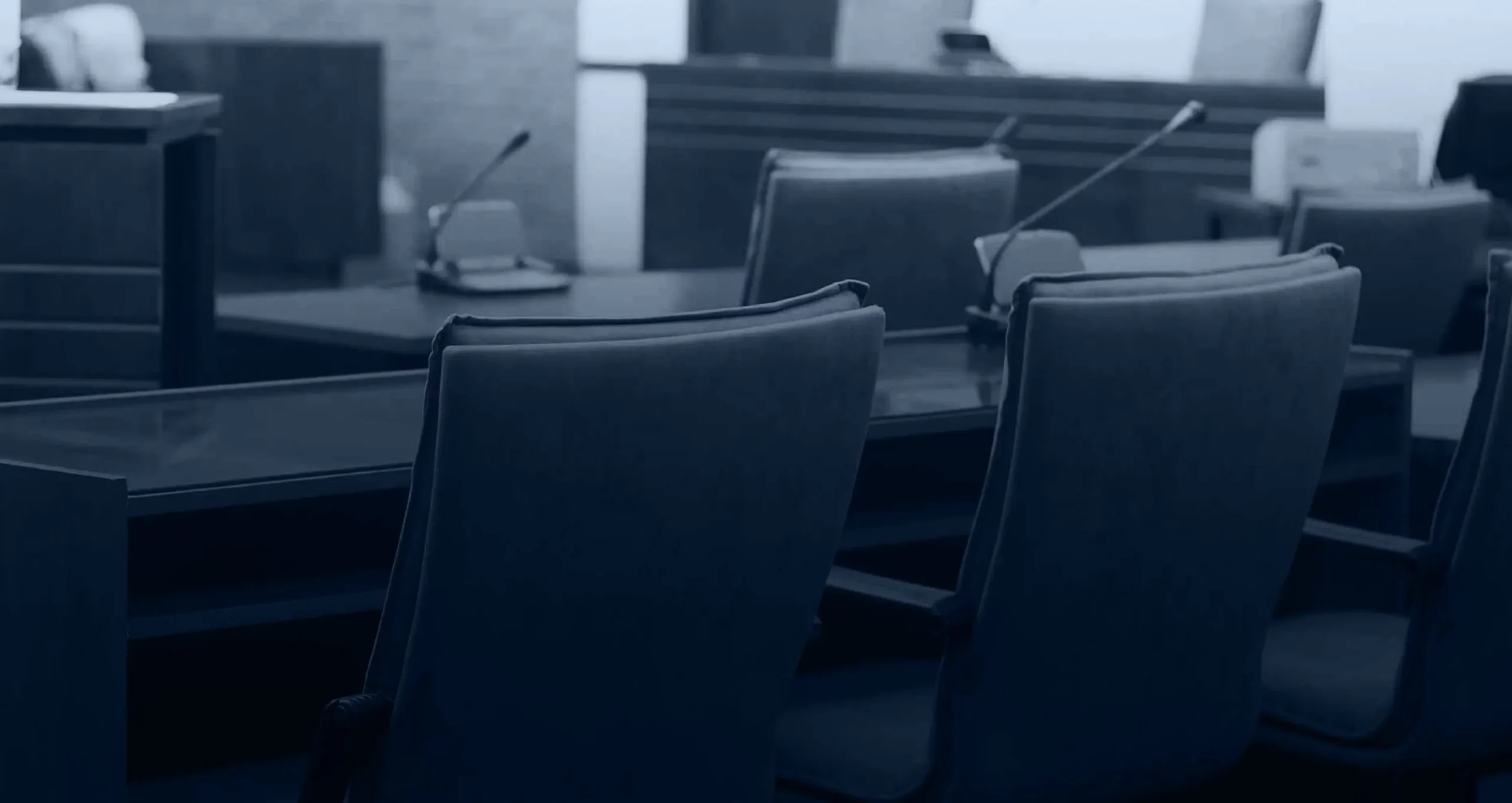On February 25, 2024, 14-year-old Sewell Setzer III took his own life in Florida after messaging with an AI chatbot created by Character Technologies. Megan Garcia, Setzer’s mother, has since accused the company of creating the conditions that led to her son’s suicide.
The chatbot the teen was texting with on Character.AI, named “Daenerys Targaryen,” asked the boy twice to “come home,” amongst other suggestive statements, after Setzer allegedly told the bot he was considering suicide. The teen formed a deep emotional attachment to the artificial intelligence chatbot, even withdrawing from family and friends and getting in trouble at school before eventually taking his own life.
Setzer’s situation brings up many questions regarding the application of personal injury law, including products liability and negligence, to artificial intelligence.
Garcia v. Character Technologies, Inc.
In a lawsuit, Setzer’s mother, Garcia, alleges that Character Technologies negligently designed Character.AI as a “deceptive and hypersexualized product” and “knowingly marketed it to children like Sewell,” who developed an unhealthy emotional attachment to the product.
Garcia also alleges that the defendant “knew or should have known” that minor customers would be “targeted with sexually explicit material, abused, and groomed into sexually compromising situations.” These failures, Garcia alleges, constitute a breach of care.
Primarily, the plaintiff alleges liability based on theories of products liability and negligence. If successful, this case could create a precedent regarding how AI companies may be held accountable for the consequences of AI interactions.
Products Liability
Products liability is a theory of liability that allows manufacturers to be held responsible for damages caused by their product. There are three types of product defects that can lead to liability:
- Design defects: Exist when the product is manufactured.
- Manufacturing defects: Occur during the construction or production of the product.
- Defects in marketing: Deal with improper instructions and failures to warn consumers of dangers in the product.
Most products liability cases are subject to strict liability, which means that the plaintiff will only need to prove that the product was defective and that the defective product caused the injury.
In the case of Garcia v. Character Technologies, Inc., the decedent’s mother alleges liability based on defective design and failure to provide adequate warning of the site’s possible dangers.
Negligence
Negligence is another theory the plaintiff alleges in Garcia v. Character Technologies, Inc. Negligence is the failure to behave as a reasonable person under the same circumstances would have. Actions or omissions can be found negligent.
To succeed in a personal injury case based on negligence, you must prove:
- Duty: The defendant must have owed a duty of care to the plaintiff.
- Breach: The defendant must have breached the duty of care owed.
- Causation: The breach of duty must have been the actual and proximate cause of the injury.
- Damages: The plaintiff must have suffered actual injury.
Proving negligence in a situation like Mr. Setzer’s is especially difficult. Given the newness of artificial intelligence technology, there are many questions surrounding how negligence law applies.
Artificial Intelligence and the Law
The tragic case involving the death of 14-year-old Sewell Setzer III brings up many yet-unanswered questions about the application of personal injury law to Artificial Intelligence, including emotionally-engaging chatbots such as Character.AI.
As artificial intelligence continues to evolve and integrate into the world, it is more important than ever that lawmakers, law firms, and AI companies themselves carefully consider legal and ethical responsibilities to the public. The case of Garcia v. Character Technologies, Inc. is among the first to test these legal boundaries.
If you or your loved one has been harmed due to the use of artificial intelligence, consider speaking with a personal injury lawyer to discuss your situation. At Zayed Law Offices Personal Injury Attorneys, we offer a free consultation, so don’t hesitate to reach out.
Contact the Miami Personal Injury Law Firm of Zayed Law Offices Personal Injury Attorneys for Help Today
For more information, please contact the experienced Miami personal injury lawyers at Zayed Law Offices Personal Injury Attorneys today. We offer free consultations.
We proudly serve Miami-Dade County and its surrounding areas:
Zayed Law Offices Personal Injury Attorneys
169 E Flagler St Suite 1639, Miami, FL 33131
Phone: (305) 916-6455
Hours: Open 24/7
Our firm is located near you. Find us with our GeoCoordinates: 25.7745507, -80.1906096








